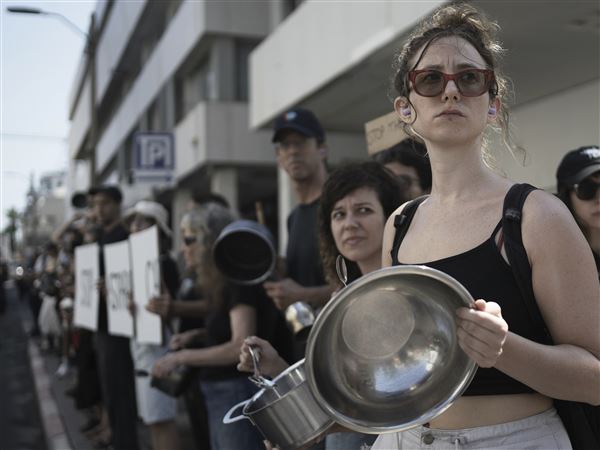The world finds itself at a critical juncture, where remaining silent in the face of ongoing global atrocities is no longer an option. As members of a global community, we bear a profound collective responsibility to raise our voices against the horrors unfolding across the globe, from acts of genocide and widespread famine to targeted ethnic cleansing that shatters families, erodes cultures, and decimates entire generations.
History offers a stark and undeniable lesson: silence, rather than neutrality, actively enables oppression. Across various continents and forgotten corners of the world, we are witnessing a systematic dehumanization, characterized by the deliberate targeting of civilian populations, the cynical use of starvation as a weapon of war, and the calculated erasure of distinct ethnic and religious identities. These are not merely distant geopolitical crises; they represent egregious crimes against humanity that demand urgent attention.
Our shared moral obligation compels us to transcend passive observation and actively engage in advocacy for humanitarian intervention. It is paramount that we hold leaders and established institutions rigorously accountable for their actions and inactions. The intrinsic value of human life, irrespective of geographical location or religious affiliation, must be treated with unwavering dignity and safeguarded with the utmost urgency, reflecting a universal commitment to human rights.
This era demands that every individual recognize their capacity to influence global narratives and contribute to meaningful change. Beyond diplomatic efforts, the power of informed public opinion and grassroots activism plays a crucial role in shaping international responses to humanitarian crises. Our collective voice becomes a powerful instrument against impunity.
The sheer scale of suffering, encompassing displacement, trauma, and the systemic brutality faced by countless individuals, necessitates a concerted global response. Understanding the root causes of these conflicts and their devastating impact is the first step toward formulating effective solutions and mobilizing widespread support for those most vulnerable.
Communities worldwide, much like Toledo’s historical dedication to compassion and justice, possess an inherent capacity to champion these universal values. This local commitment to ethical principles can serve as a potent catalyst for broader awareness and more robust engagement on the international stage.
Let us, therefore, refuse to avert our gaze from these harrowing realities. We must empower ourselves to act decisively—whether through deliberate writing, organized marches, conscientious voting, or resolute public speaking—to amplify the voices of those who have been tragically silenced by the brutal machinery of war, profound displacement, and pervasive systemic injustices.
The imperative to act now is undeniable. By actively participating in the discourse and advocating for peace and protection, we contribute to a future where human dignity is universally respected and atrocities are met with a united, unwavering stand against their very existence. This collective action is the cornerstone of hope in challenging times.






Leave a Reply